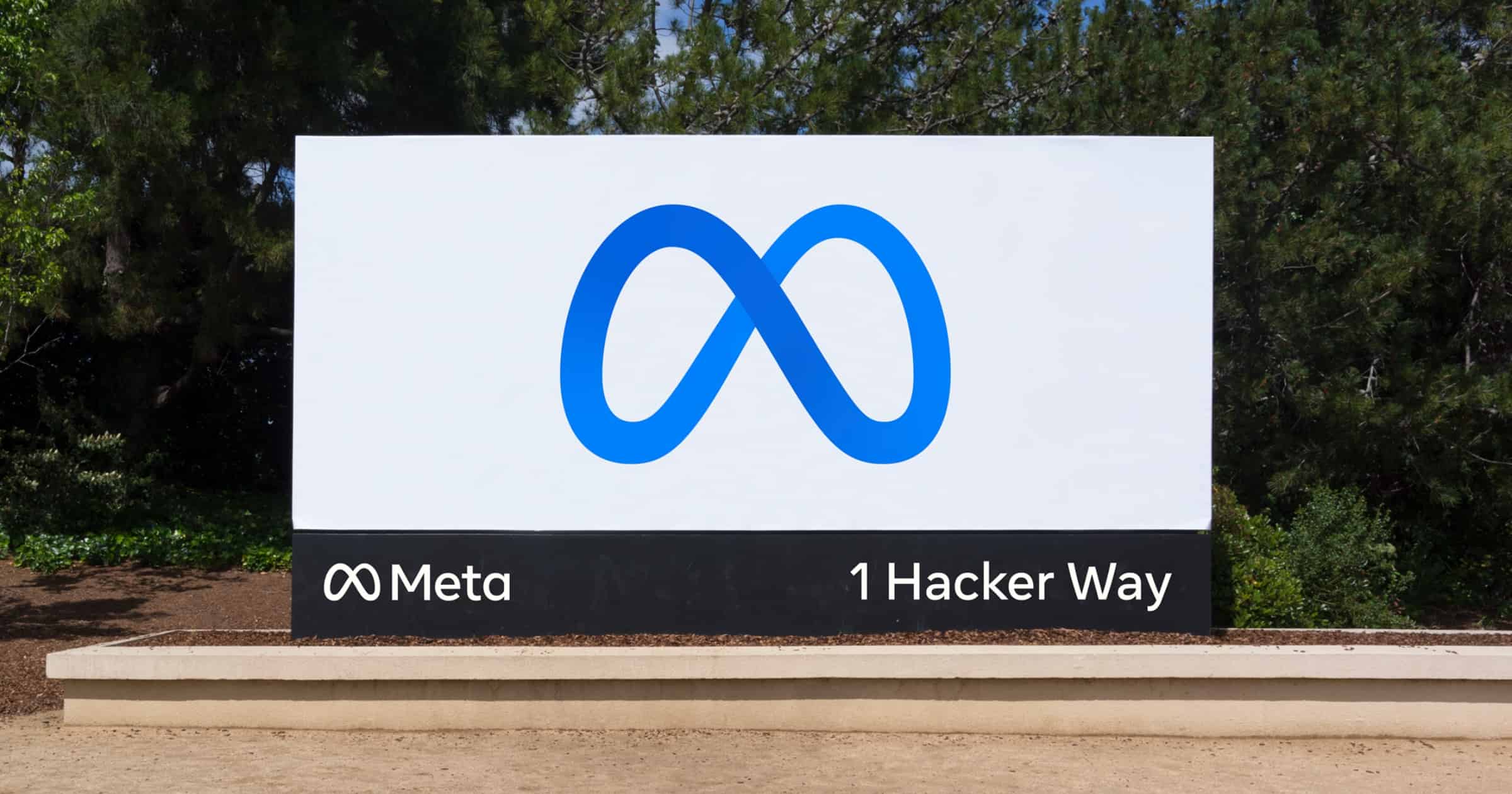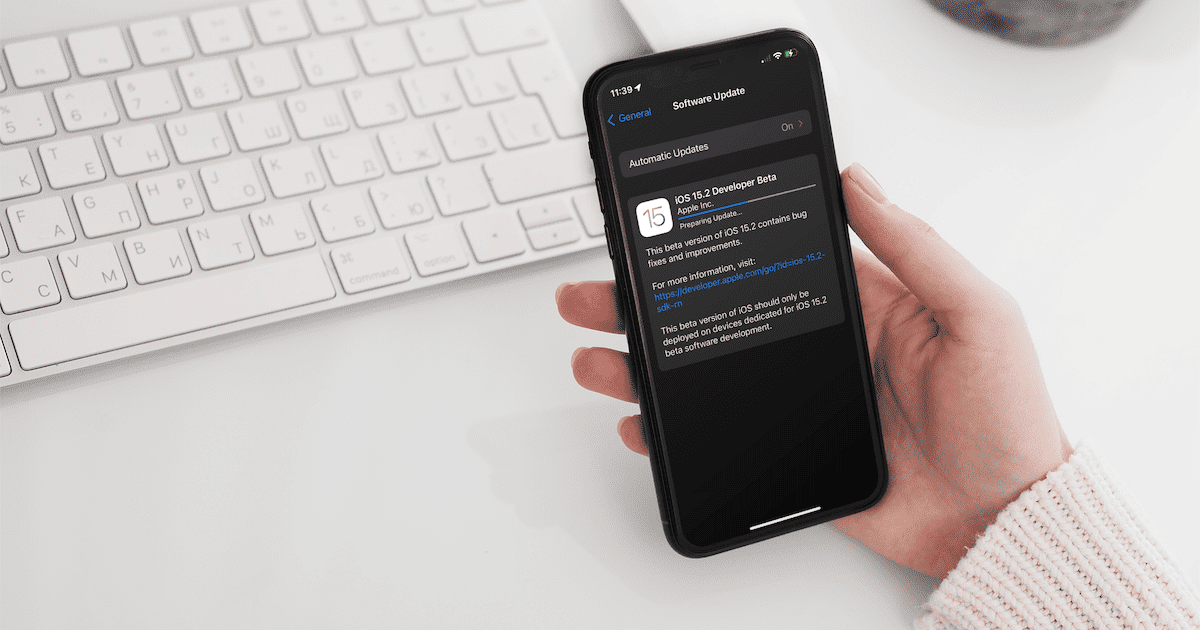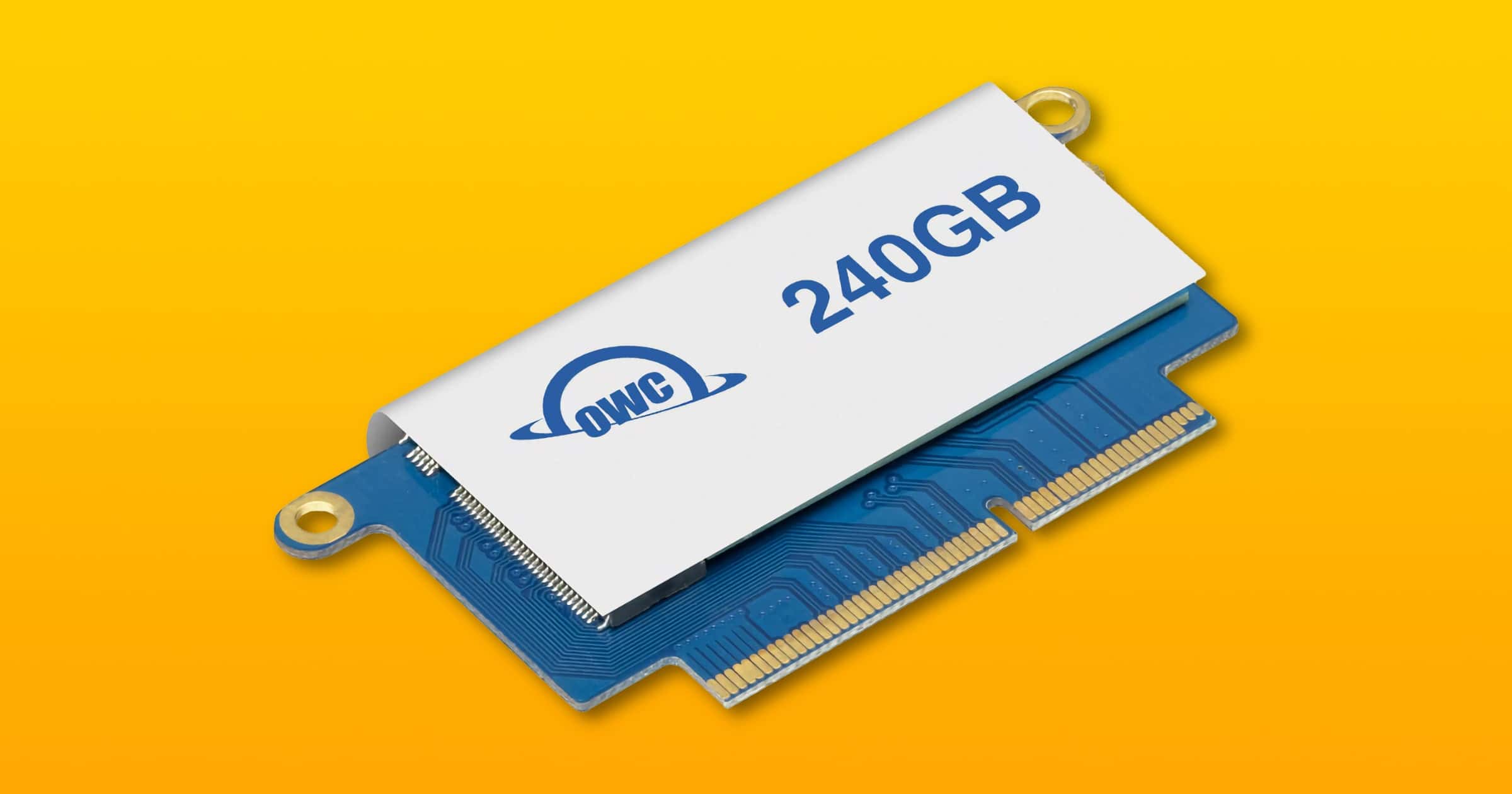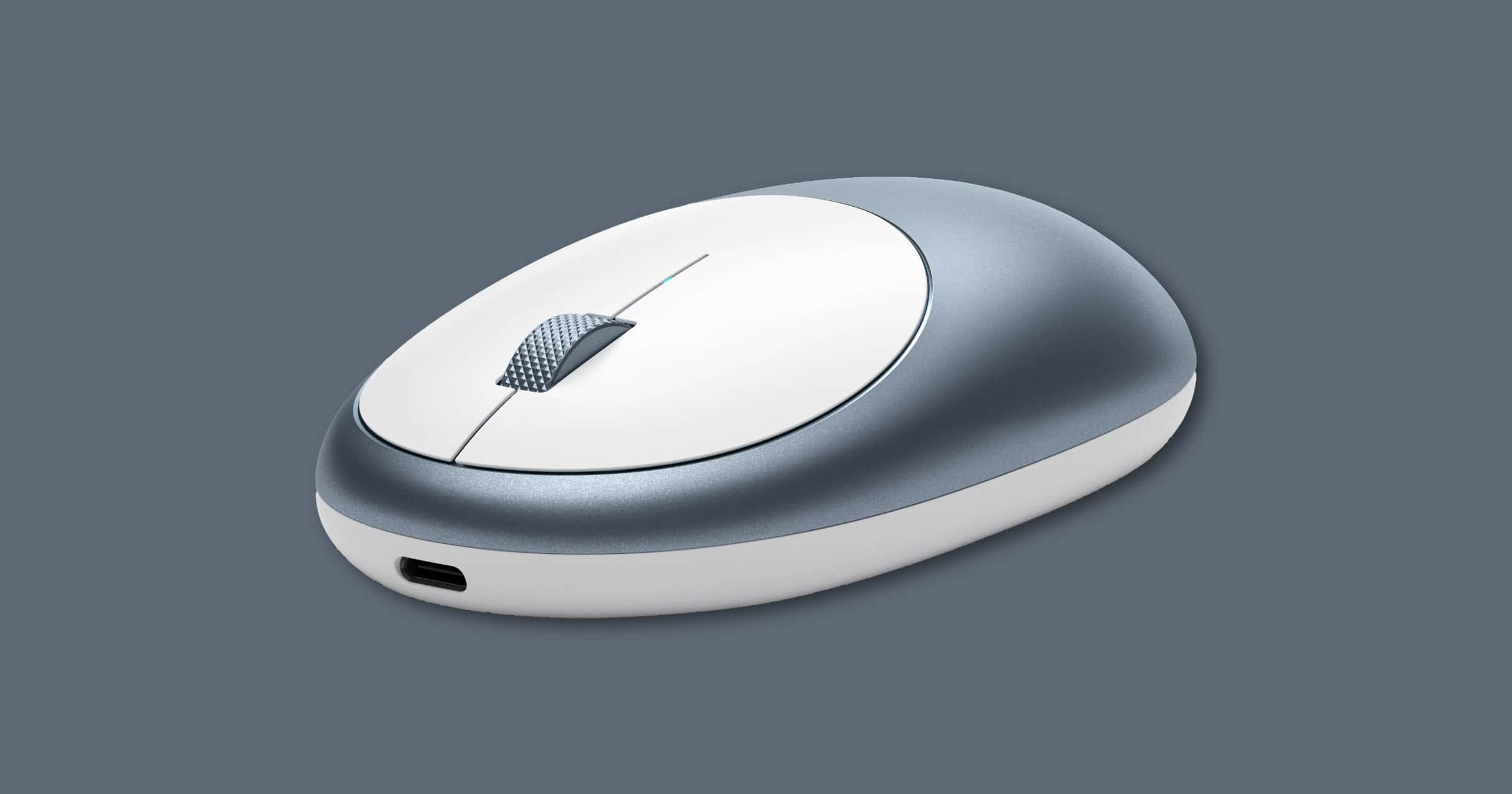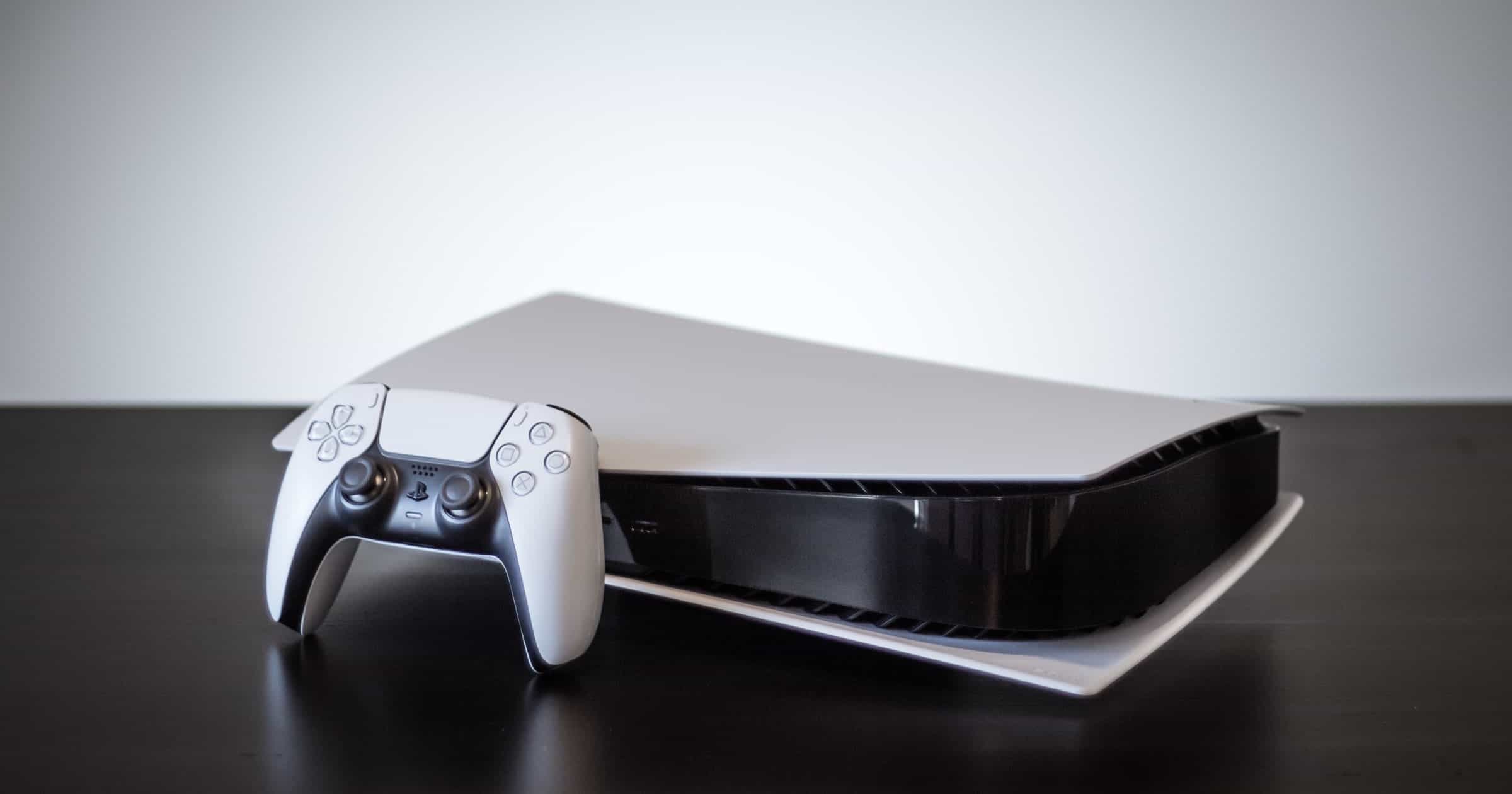We finally have the winner of our iPhone 16 Pro international giveaway! Congratulations to Oliver T., and a huge thank you to everyone who participated.
Three Must-Have AirTag Accessories
Here are three must-have AirTag accessories! 1) Moment Hard Shell Mount 2) Elevation TagVault 3) Elevation Labs Tag Vault Pets Find links to each in Mac Geek Gab 894.
The New Apple Music Voice Plan
Here’s what to know about Apple Music’s new voice plan, and exactly how it works from Mac Geek Gab 896.
Pepcom 2021: Catalyst Announces Waterproof Cases for iPhone, AirPods
At Pepcom 2021 in New York City, Catalyst announced a new line of waterproof cases for AirPods and protective cases for iPhone 13.
'Servant' Season Three Will Premiere January 21, 2022 on Apple TV+
Season three of ‘Servant’ from M. Night Shyamalan will premiere on January 21, 2022, on Apple TV+, with Suni Mani joining the cast.
Group Your iPhone Reminders
Learn how to group your reminder lists together in iPhone’s Reminders app with this Quick Tip from Mac Geek Gab 897.
GM Hearing Says its ReSound ONE Hearing Aids Will Work With FaceTime
GM Hearing announced on Thursday that iPhone and iPad users can use their ReSound ONE hearing aids to make phone and FaceTime calls.
Blockchains Aren't as Private as You Think, But They Could Be
Cybersecurity expert Mashael Al Sabah was recently featured on MIT’s Business Lab podcast. She talks about privacy issues with blockchain technology and how they can be fixed. You can listen to the podcast with the link below (direct link on Apple Podcasts), and.or read the podcast transcript.
A lot of people think that they are completely anonymous when they use Bitcoin, and this gives them a false sense of security. In our research, what we did is that we crawled social media, like there’s popular forum for Bitcoin users called Bitcointalk.org, and we crawled Twitter as well for Bitcoin addresses that users attributed to themselves. In some forums, people share their Bitcoin addressees along with their profile information. So, now you have the public profile information, which includes usernames, emails, age, gender, city.
Apple TV App Coming to Comcast and Sky Platforms [Updated]
A new deal means the Apple TV app, including access to the TV+ subscription service, will be available via various Comcast platforms.
Apple Reports EPS of $1.24 on $83B in Revenues for September Quarter
Apple reported earnings Thursday for the September quarter, with earnings per share of US$1.24, on revenues of $83.4 billion. That’s a slight beat on Wall Street for earnings and a slight miss on revenues. This article was updated with additional information.
A Closer Look at Apple's $20 Polishing Cloth
The folks over at iFixIt have done their traditional teardown of the new MacBook Pro. They also took the time to tear apart the $20 polishing cloth Cupertino has begun selling. The cleaning cloth feels like the inner lining of an iPad Smart Cover, they say. That accessory features a thin layer of microfiber on the inside. Both apparently have a synthetic leather feel to them along with a bit of fuzziness
The new Apple Polishing Cloth earns a 0 out of 10 on our repairability scale, for distracting us from a very important MacBook Pro teardown and not going back together after we cut it into pieces with scissors.
Many Eero Mesh Routers Will Support Matter
When Matter launches in 2022, it will have a new Wi-Fi router partner. Modern eero mesh routers are set to gain support for the standard.
Facebook's New Name is...Meta
Facebook founder Mark Zuckerberg announced at the Connect event on Thursday that his company is changing its name to Meta.
Thursdays with Bob: We Love Live Text! – TMO Daily Observations 2021-10-28
Dr Mac joins Kelly to talk about Live Text, a new feature of iOS 15 and macOS Monterey, all the ways it feels magical, and some good uses.
Apple Releases iOS and iPadOS 15.2 Beta
Just days after releasing iOS 15.1 to the public, Apple has made new iOS 15.2 betas available for developers and public beta testers.
Native Dropbox Support For M1 Macs Doesn't Seem to be Happening
[Update November 1, 2021: Dropbox CEO Drew Houston has said that his company is working on a native M1 build. It plans to release it in the first half of 2022. Original post below]
–
It looks likes users with M1 Macs shouldn’t expect native support from Dropbox any time soon. MacRumors reported on a long-running support thread discussing the issue of Apple Silicon.
An official Dropbox support thread, shared by Mitchell Hashimoto on Twitter, reveals a fiasco around native support for Apple silicon Macs. Dropbox is seemingly insisting that a significant number of community members will have to vote for native Apple silicon support for it to be implemented. There are also multiple repetitious requests with different phrasing, fragmenting users’ votes for support. In July, responses from Dropbox staff on the thread explained that “this idea is going to need a bit more support before we share your suggestion with our team,” and flagged Apple silicon support as in need of more votes. A month ago, Dropbox staff again replied to the thread requesting native Apple silicon support, saying that Dropbox will continue to be compatible with all devices that run supported versions of macOS using Apple’s Rosetta translation layer. Additional complaints in the thread claim that Dropbox with Rosetta hemorrhages MacBook battery life and uses a disproportionate amount of memory.
Kandji Announces 'Passport' for Secure Mac Authentication
Kandji has announced the release of Passport, an authentication product that creates a seamless, one-password sign-in experience for users.
Kandji Passport validates the credentials a user provides during Mac login against an organization’s cloud-based identity provider (IdP), so users need to remember just one password for both their Mac computers and the organization’s single sign-on (SSO) provider. Passport provides a native Mac login experience while streamlining device configuration, management, and security tasks for IT admins.
OWC Announces Aura Pro NT NVMe SSD for 2016-2017 MacBook Pro
OWC has announced the Aura Pro NT high-performance NVMe SSD for 2016-2017 MacBook Pro non-Touch Bar.
Updated Satechi Accessories Now Match Blue M1 iMac
Satechi announced that three of its products have been updated to match the color of the blue M1 iMac, with a stand, wireless mouse, and more.
Apple Music is Now Available for PlayStation 5 Gamers
Sony announced that Apple Music is officially available on the PlayStation 5, bringing the service’s 90 million song catalog to gamers.
iOS15: Set Text Size Per App
In iOS 15 you can set the text size for individual apps; learn how in this mini-segment. Learn More In Mac Geek Gab 895
(Update) Medical AI Company 'Deep6' Leaks 68 GB Trove of Patient Records
Security researcher Jeremiah Fowler together with the WebsitePlanet research team found an unprotected database belonging to Deep6. The records appear to contain data of those based in the United States.
Update: Deep6 reached out and said the news is misleading, saying “In August, a security researcher accessed a test environment that contained dummy data from MIT’s Medical Information Mart of Intensive Care (MIMIC) system, an industry standard source for de-identified health-related test data. To confirm, no real patient data or records were included in this ephemeral test environment, and it was completely isolated from our production systems.”
Meanwhile, according to WebsitePlanet, Mr. Fowler said, “I sent 3 follow up emails on Aug 11, Aug 12, Aug 23. No one has ever replied since the first message on Aug 10th. I validated that the doctor’s names were real individuals by searching obscure names (see screenshot). This is highly unusual in my experience to use real individuals’ data in a ‘dummy environment’ under any circumstances. Because no one replied, we added our disclaimer that we are highlighting that no patient data appeared in plain text, the records were “medical related”, and we never implied any wrongdoing or risk.”
How 'Acapulco' Recreated a 1980s Mexican Resort For Apple TV+
Apple TV+ series Acapulco tells the story of the staff and guests high-end Mexican resort in the 1980s. In a new video, the cast and crew explain how they recreated that world. The first four episodes are available to subscribers now, with new ones released each Friday.
Music to Lurk and Haunt By
Bestselling author Antony Johnston also makes music, and his latest release is intended to serve as the soundtrack for for late October shenanigans.
KDE Connect Your iPhone to Linux
If you want Linux and your iPhone to play as nicely as if you were on a Mac, there’s good news. KDE Connect has arrived to give that to iOS.

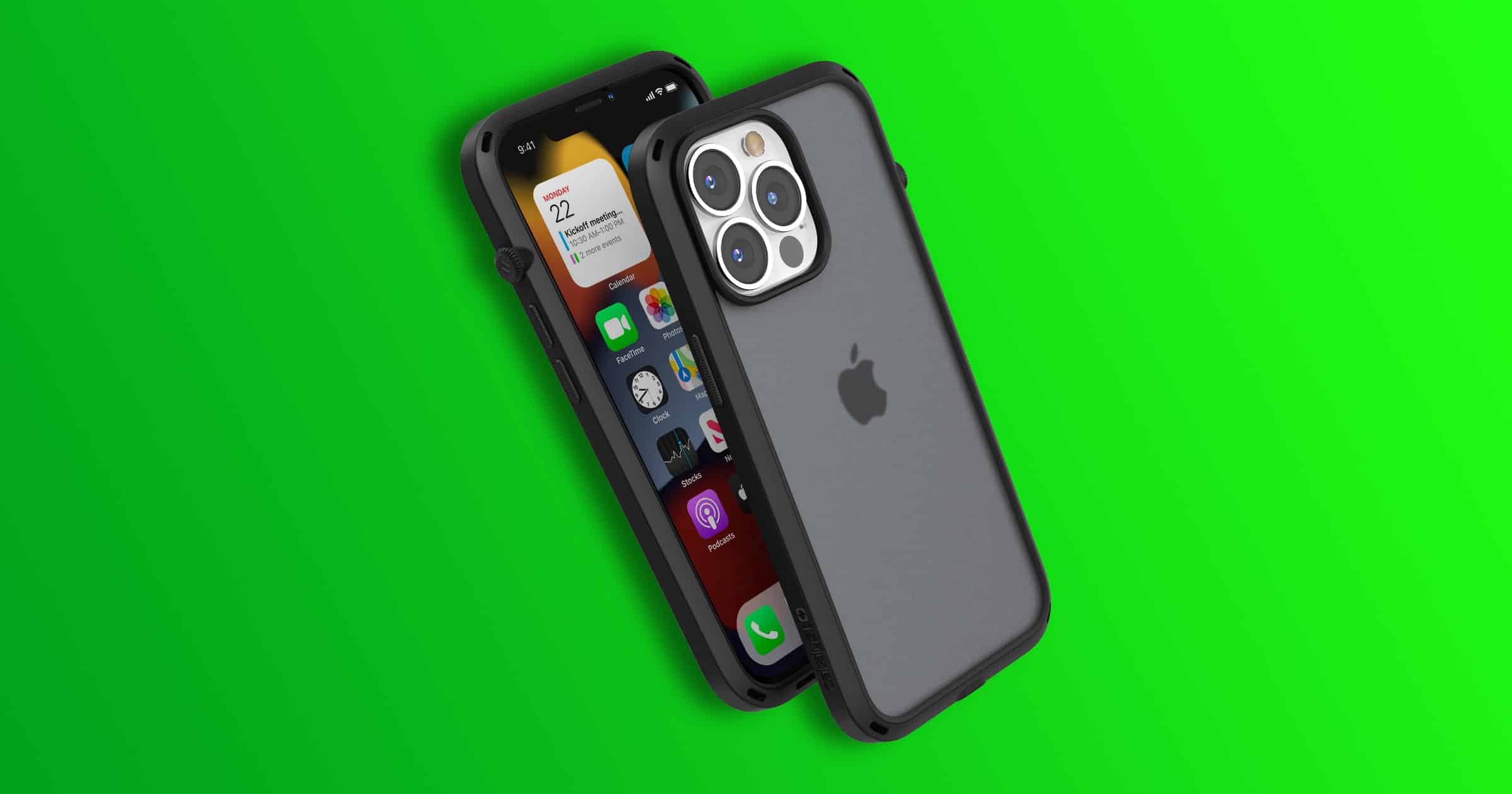



![Apple TV App Coming to Comcast and Sky Platforms [Updated]](https://www.macobserver.com/wp-content/uploads/2019/06/workfeatured-comcast.jpg)



